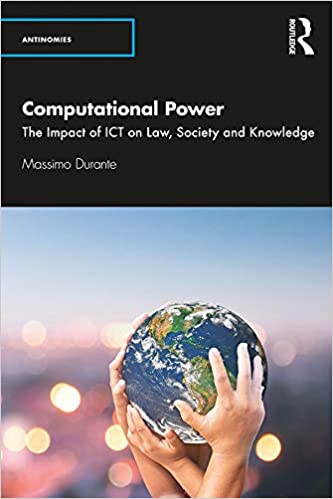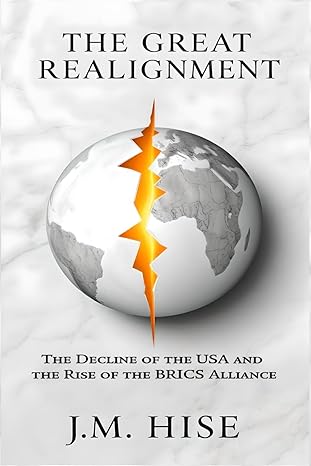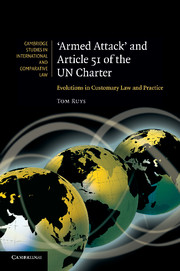We delegate more and more decisions and tasks to artificial agents, machine-learning mechanisms, and algorithmic procedures or, in other words, to computational systems. Not that we are driven by powerful ambitions of colonizing the Moon, replacing humans with legions of androids, creating sci-fi scenarios à la Matrix or masterminding some sort of Person of Interest-like Machine. No, the current digital revolution based on computational power is chiefly an everyday revolution.
It is therefore that much more profound, unnoticed and widespread, for it affects our customary habits and routines and alters the very texture of our day-to-day lives. This opens a precise line of inquiry, which constitutes the basic thesis of the present text: our computational power is exercised by trying to adapt not just the world but also our representation of reality to how computationally based ICTs work. The impact of this technology is such that it does not leave things as they are: it changes the nature of agents, habits, objects and institutions and hence it subverts the existing order, without necessarily generating a new one.
I argue that this power is often not distributed in an egalitarian manner but, on the contrary, is likely to result in concentrations of wealth, in dominant positions or in unjust competitive advantages. This opens up a struggle, with respect to which the task of reaffirming the fundamental values, the guiding principles, the priorities and the rules of the game, which can transform, or attempt to transform, a fierce confrontation between enemies in a fair competition between opponents rests on us.
چکیده فارسی
ما تصمیمات و وظایف بیشتر و بیشتری را به عوامل مصنوعی، مکانیسمهای یادگیری ماشینی و روشهای الگوریتمی یا به عبارت دیگر به سیستمهای محاسباتی واگذار میکنیم. نه اینکه جاهطلبیهای قدرتمند استعمار ماه، جایگزینی انسانها با لژیونهای اندرویدی، ایجاد سناریوهای علمی تخیلی در ماتریکس یا مغز متفکر نوعی ماشین شبیه به Person of Interest رانده شویم. نه، انقلاب دیجیتال کنونی مبتنی بر قدرت محاسباتی عمدتاً یک انقلاب روزمره است.
بنابراین بسیار عمیقتر، نادیده گرفتهتر و گستردهتر است، زیرا بر عادات و روالهای مرسوم ما تأثیر میگذارد و بافت زندگی روزمره ما را تغییر میدهد. این یک خط تحقیق دقیق را باز می کند، که تز اصلی متن حاضر را تشکیل می دهد: قدرت محاسباتی ما با تلاش برای تطبیق نه تنها جهان، بلکه همچنین بازنمایی ما از واقعیت با نحوه کار ICT مبتنی بر محاسبات اعمال می شود. تأثیر این فناوری به حدی است که چیزها را آنطور که هستند رها نمی کند: ماهیت عوامل، عادات، اشیاء و نهادها را تغییر می دهد و از این رو نظم موجود را بر هم می زند، بدون اینکه لزوماً نظم جدیدی ایجاد کند.
من استدلال میکنم که این قدرت اغلب به شیوهای برابریخواهانه توزیع نمیشود، بلکه برعکس، احتمالاً منجر به تمرکز ثروت، موقعیتهای مسلط یا مزیتهای رقابتی ناعادلانه میشود. این امر مبارزه ای را باز می کند که با توجه به آن وظیفه تأیید مجدد ارزش های اساسی، اصول راهنما، اولویت ها و قواعد بازی است که می تواند رویارویی شدید بین دشمنان را در رقابتی عادلانه تغییر دهد یا تلاش کند تا آن را تغییر دهد. حریف بر ما تکیه دارد.
ادامه ...
بستن ...










